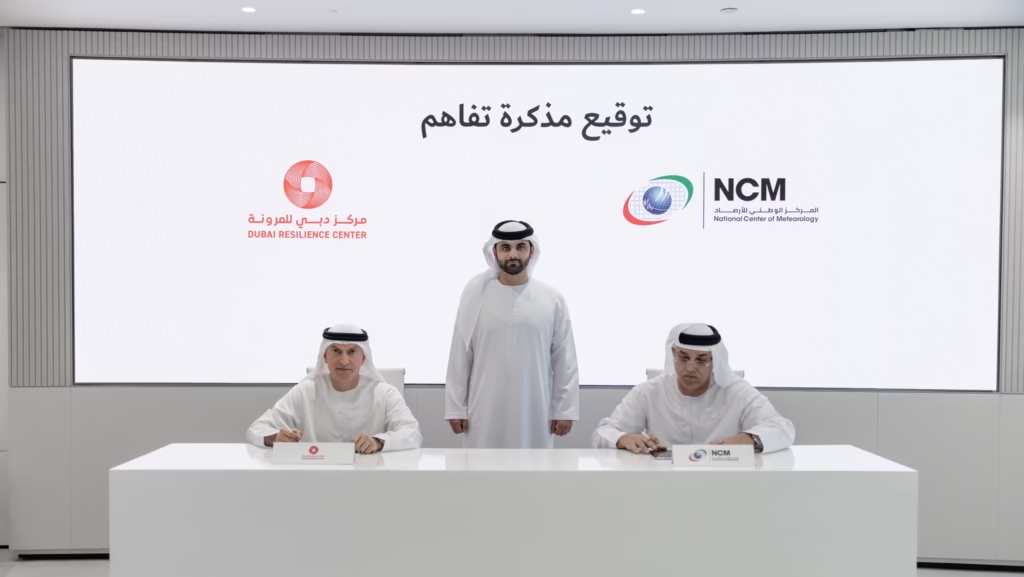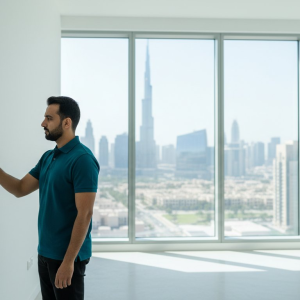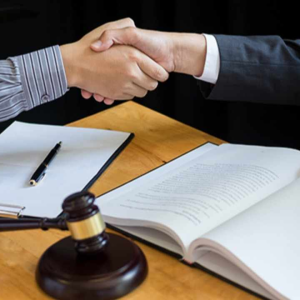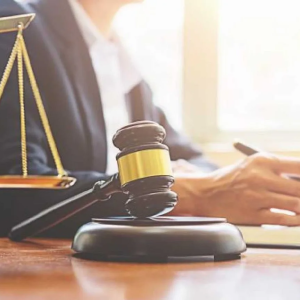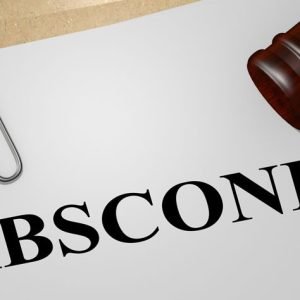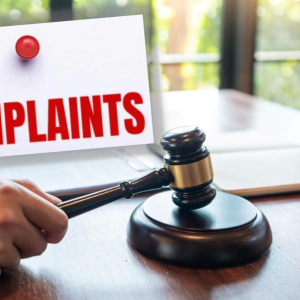The Dubai Resilience Centre MoUs mark an important step in strengthening Dubai’s emergency readiness and long term resilience strategy. Signed under the patronage of Sheikh Mansoor bin Mohammed bin Rashid Al Maktoum, Chairman of Dubai’s Supreme Committee of Crisis and Disaster Management, these agreements highlight the city’s proactive approach to anticipating future risks and enhancing institutional cooperation.
Rather than waiting for crises to occur, Dubai is focusing on being prepared, and the Dubai Resilience Centre MoUs are at the heart of this transformation.
Strengthening Dubai’s Preparedness Framework
The Dubai Resilience Centre signed three strategic memoranda of understanding with key national and institutional partners. Each partnership supports a different aspect of resilience from meteorology and real estate to education and training. Together, they form a strong foundation for Dubai’s comprehensive resilience ecosystem.

Partnership with the National Center of Meteorology
The first agreement focuses on improving early warning systems and developing meteorological and climate risk analysis capabilities. By sharing data and expertise, the partnership will enhance Dubai’s ability to forecast and prepare for extreme weather conditions and climate related emergencies.
This collaboration allows for faster, more accurate alerts and more efficient coordination between agencies. It ensures that the city is better equipped to protect communities, infrastructure, and critical services from natural and environmental risks.

Partnership with the Dubai Land Department
The second agreement, signed with the Dubai Land Department, focuses on embedding resilience into urban development and real estate management. It introduces resilience standards for buildings, promotes digital system integration, and encourages the sharing of risk data between institutions.
This agreement recognises that real estate and urban planning are key components of resilience. Buildings and communities are often the first to face the impact of disasters, so integrating resilience principles into design, construction, and maintenance ensures greater safety and sustainability. It also supports Dubai’s vision of becoming a global leader in resilient urban infrastructure.
Partnership with Hamdan Bin Mohammed Smart University
The third agreement was signed with Hamdan Bin Mohammed Smart University to focus on capacity building and education. Together, they will develop specialised training programmes in crisis management, artificial intelligence, and climate resilience. One of the major outcomes will be a new Resilience Diploma designed to train future leaders and professionals in managing risks and building sustainable systems.
This partnership shows that resilience is not just about infrastructure or technology, it is also about people. Through education and research, Dubai is investing in human capital, ensuring that knowledge, innovation, and skill development remain at the core of its resilience agenda.
Why These MoUs Matter
The Dubai Resilience Centre MoUs represent a shift from reactive crisis management to proactive preparedness. They highlight the city’s commitment to anticipating future challenges and building long term stability across all sectors.
From Response to Prevention
The agreements underline Dubai’s focus on prevention rather than response. By analysing risks before they happen and creating integrated systems, the city aims to minimise the impact of potential crises. This forward looking approach will help Dubai adapt to changing global conditions such as climate change, urbanisation, and technological disruptions.
Cross Sector Collaboration
The MoUs bring together diverse sectors including meteorology, real estate, and education to build a unified resilience framework. This collaboration ensures that all relevant institutions share data, coordinate actions, and align goals. In times of crisis, such coordination is crucial for fast decision making and effective response.
Investing in Knowledge and Innovation
A key highlight of the Dubai Resilience Centre MoUs is the emphasis on human development. By creating new academic programmes and research opportunities, Dubai is preparing a new generation of resilience experts who will continue to strengthen the city’s systems for years to come.
Enhancing Dubai’s Global Competitiveness
Resilience is not just about safety, it is also about sustainability and economic strength. By leading in this field, Dubai reinforces its global reputation as a forward thinking city that prioritizes innovation, safety, and sustainable growth.
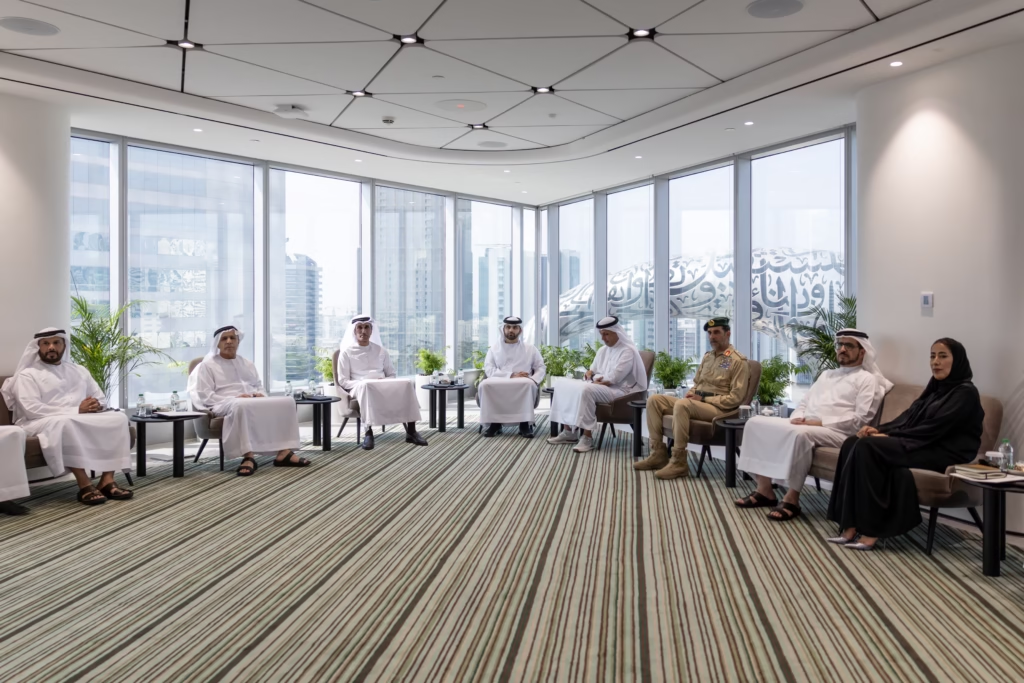
Areas of Impact
The implementation of the Dubai Resilience Centre MoUs will create tangible improvements across multiple sectors.
- Early Warning and Risk Forecasting: With better data sharing and climate modelling, Dubai will be able to predict and manage risks faster, reducing damage and disruption.
- Resilient Urban Development: Real estate projects will increasingly follow resilience guidelines, leading to safer, smarter, and more sustainable buildings.
- Education and Capacity Building: The new academic initiatives will help professionals gain specialised knowledge in risk management, ensuring that every sector is better prepared.
- Data Integration: The partnerships promote information exchange between different departments, allowing for seamless coordination during emergencies.
- Community Awareness: As resilience becomes part of daily planning and education, the community will also become more aware and engaged in risk reduction.
Challenges and Opportunities
While the Dubai Resilience Centre MoUs set a strong direction, their success will depend on effective execution.
Some challenges include ensuring smooth data exchange among institutions, maintaining consistent funding for resilience initiatives, and developing clear performance indicators to measure progress. Coordination between different stakeholders, from government entities to private companies, will also be essential.
However, these challenges are also opportunities for innovation. They encourage the use of advanced technologies such as AI driven forecasting, smart city monitoring, and digital platforms for information sharing. The partnerships also open doors for international collaboration, allowing Dubai to share its model of resilience with other cities around the world.
Building a Culture of Resilience
Resilience is not built overnight, it requires continuous effort, collaboration, and adaptability. The Dubai Resilience Centre MoUs send a clear message that resilience is everyone’s responsibility. From government institutions and businesses to universities and communities, every sector plays a part in ensuring Dubai’s safety and sustainability.
For residents, this means living in a city that prioritises their security and well being. For businesses, it means operating in a stable environment where risks are managed effectively. For students and researchers, it opens new opportunities to contribute to meaningful, future oriented projects.
Looking Ahead
The signing of the Dubai Resilience Centre MoUs is only the beginning. The next phase involves implementing these agreements through practical programmes, training, and technological integration. Over time, Dubai will see:
- Launch of the Resilience Diploma and other academic initiatives.
- Introduction of resilience standards in the real estate sector.
- Development of integrated data systems connecting meteorological, urban, and educational institutions.
- Increased public private partnerships to strengthen community level resilience.
Through these efforts, Dubai is positioning itself as a global leader in resilience and sustainability.
Conclusion
The Dubai Resilience Centre MoUs represent Dubai’s vision for a safer, smarter, and more adaptive future. By combining the strengths of different sectors such as science, urban planning, and education, the city is creating a framework that not only responds to crises but also prevents them.
These partnerships show that resilience is about more than technology or infrastructure, it is about foresight, unity, and continuous learning. With these MoUs, Dubai reaffirms its commitment to building a city that can withstand challenges, recover swiftly, and thrive in an ever changing world.
Do follow UAE Stories on Instagram
Read Next – UAE Fuel Prices November 2025: Relief for Drivers

